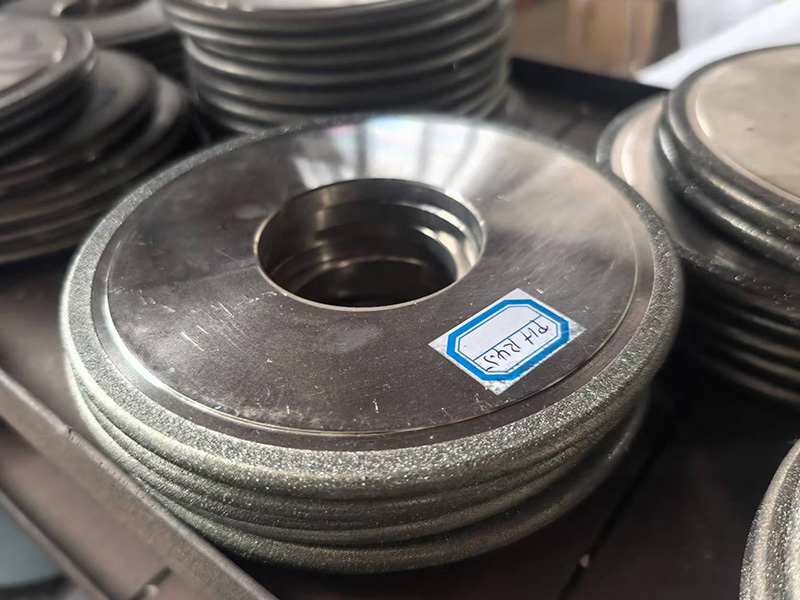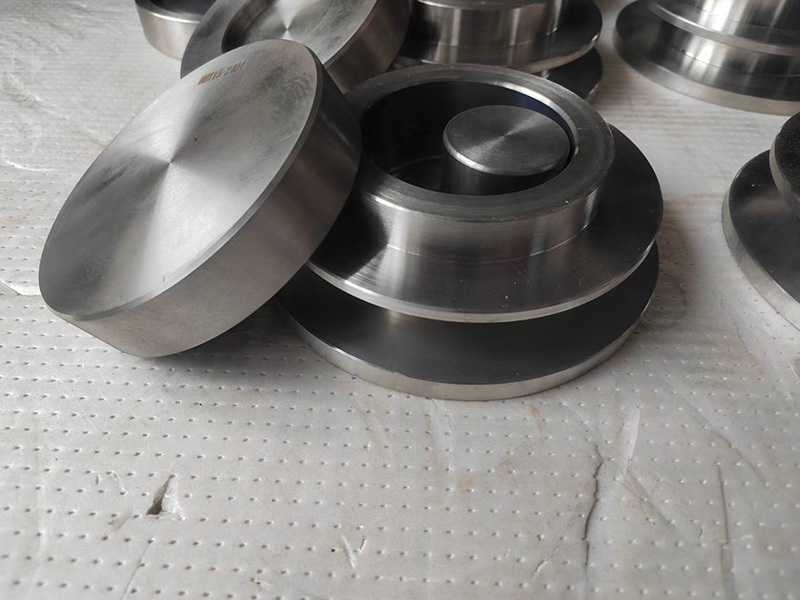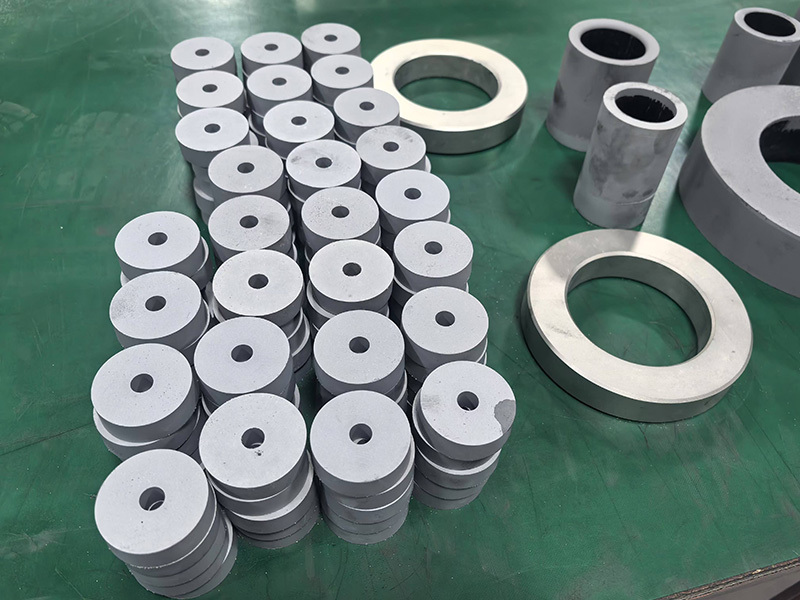Unlocking Efficiency: The Impact of Hard Alloy Molds in Industry
Introduction to Hard Alloy Molds
When it comes to manufacturing, the term Hard Alloy Molds (hard alloy molds) might not be on everyone's lips, but trust me, it should be! These robust tools are revolutionizing industries from automotive to electronics, and if you're in the biz, you'll want to keep reading. Buckle up as we dive into the world of hard alloy molds and their significant impact on production processes.
What Exactly Are Hard Alloy Molds?
So, what's the deal with hard alloy molds? In simple terms, these molds are made from a blend of metals, primarily tungsten carbide, which gives them incredible hardness and wear resistance. Think of them as the unsung heroes of the manufacturing floor! They're designed to withstand high pressures and temperatures while maintaining their shape and performance.
Why Use Hard Alloy Molds?
Let's face it, if you're looking to cut costs and improve product quality, hard alloy molds should be on your radar. Here's why:
- Durability: These molds last longer than traditional ones, meaning fewer replacements and less downtime. Who doesn't love that?
- Precision: With their superior hardness, they produce high-quality parts with tight tolerances. Talk about a win-win!
- Cost-Effectiveness: Though they might have a higher initial cost, the longevity and efficiency lead to savings in the long run.
Industry Applications of Hard Alloy Molds
Now that we've established what hard alloy molds are and their benefits, let's explore some real-world applications.
1. Automotive Industry
In the automotive sector, hard alloy molds are used to create critical components like engine parts and body panels. The precision and durability of these molds ensure that every piece fits perfectly, reducing the risk of costly recalls. Imagine the peace of mind when your car parts are manufactured with such reliability!
2. Electronics Manufacturing
From smartphones to laptops, the electronics industry relies heavily on hard alloy molds for manufacturing intricate components. These molds can handle the fine details required in electronics, promoting efficiency and minimizing waste. Talk about a tech-savvy solution!
3. Aerospace Sector
In aerospace, where safety is paramount, hard alloy molds play a crucial role in producing parts that are both lightweight and strong. They help manufacturers adhere to stringent regulations while maintaining high production rates. Fly high with confidence!
Challenges in Implementing Hard Alloy Molds
Of course, it's not all sunshine and rainbows. Implementing hard alloy molds does come with its set of challenges:
- Initial Costs: The upfront investment can be steep, which might deter some businesses.
- Technical Expertise: Companies may require specialized knowledge to effectively utilize these molds.
- Maintenance: While durable, they do require proper care to maximize their lifespan.
Success Stories: Hard Alloy Molds in Action
Don't just take my word for it! Companies that have adopted hard alloy molds have reported remarkable improvements:
For instance, a major automotive manufacturer saw a 30% reduction in production costs after transitioning to hard alloy molds. Now, that's what I call a game changer!
The Future of Hard Alloy Molds
Looking ahead, the future seems bright for hard alloy molds. With advancements in technology, these molds will likely become even more efficient and versatile. As industries continue to innovate, it's clear that hard alloy molds will remain at the forefront of manufacturing.
Conclusion
In summary, hard alloy molds are not just tools; they are pivotal components that drive efficiency and quality in various industries. Whether you're in the automotive, electronics, or aerospace sector, embracing these molds could be the key to staying competitive in today's fast-paced market. So, why not take the plunge and explore the vast potential of hard alloy molds? You might just find your next big breakthrough!
Tags:
Related news










